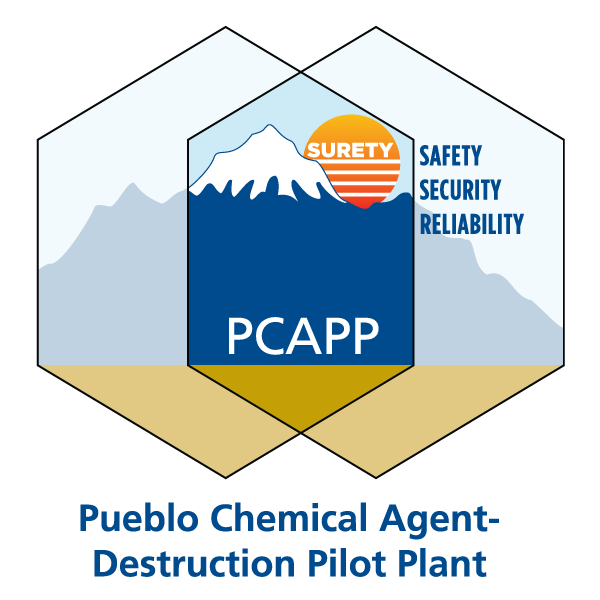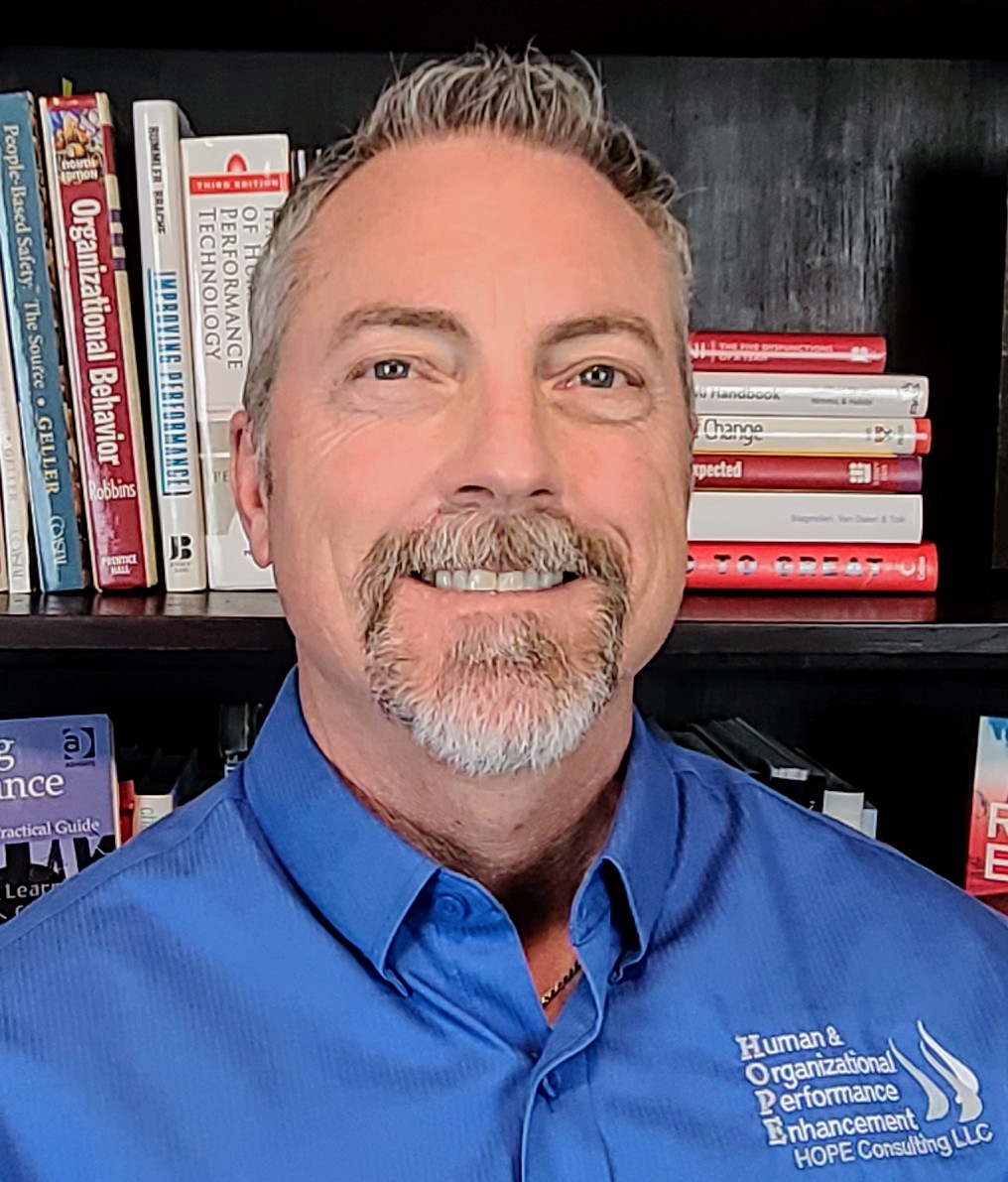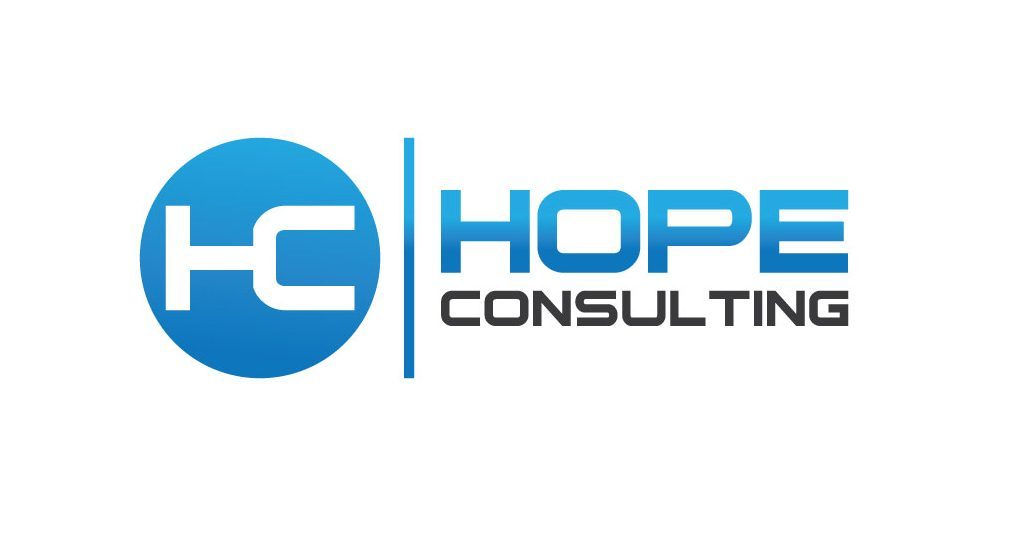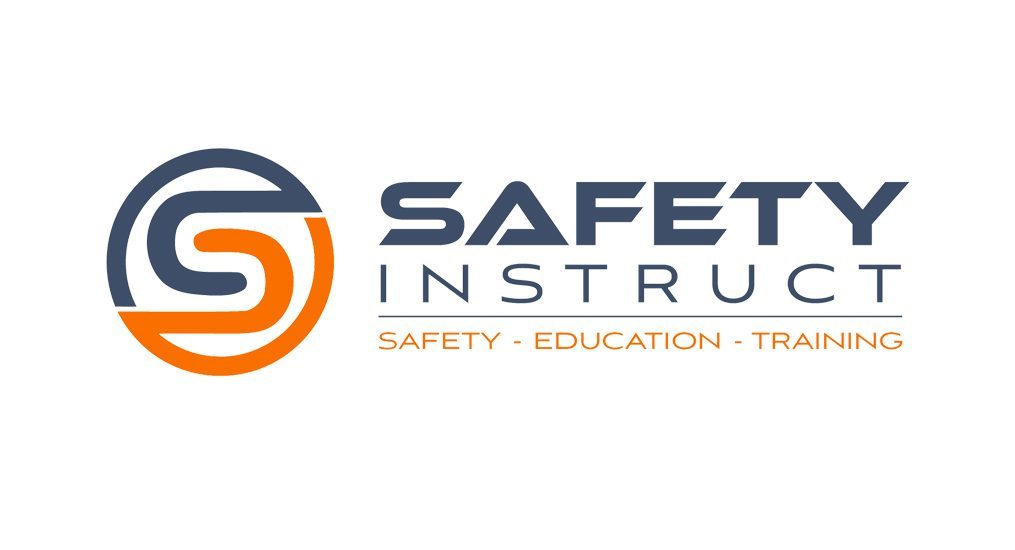HOP and the Chemical and Petrochemical Industry
Build Your Industry's Reliability Safety Sustainability Employees
With Us!




Introduction
The chemical and petrochemical industry plays a vital role in the global economy, producing a wide range of essential products, from plastics to fuels. However, the industry is also subject to significant safety and environmental risks, including explosions, fires, and toxic releases. In this white paper, we will explore how Human and Organizational Performance (HOP) principles and practices could benefit the chemical and petrochemical industry by enhancing safety, efficiency, resilience, and reliability. We will also examine what leading experts in the field have to say about the potential benefits of HOP in the chemical and petrochemical industry.
"HOP isn't about just managing human error; it's about understanding the human performance and improving systems to prevent that error from occurring in the first place."
- Tony Muschara

What is Human and Organizational Performance (HOP)?
HOP is a framework that seeks to enhance safety, efficiency, resilience, and reliability by recognizing that humans are fallible and that errors are inevitable, but that organizations can reduce the frequency and severity of errors by improving the way they manage their work systems and their people. HOP focuses on three key principles: systems thinking, risk management, and human performance.
How HOP Could Benefit the Chemical and Petrochemical Industry
The chemical and petrochemical industry faces numerous challenges in maintaining safety, efficiency, resilience, and reliability in its operations. By adopting HOP principles and practices, the industry could benefit in several ways, including:
HOP recognizes that humans are fallible, and errors are inevitable. Rather than blaming individuals for errors, HOP seeks to understand the underlying factors contributing to them. By analyzing the systemic and organizational factors that contribute to errors, such as inadequate procedures, unclear instructions, or ineffective training, organizations can make improvements to reduce the likelihood of human error. This can include implementing error-proofing techniques, improving written instructions and procedures, and providing targeted HOP and safety training and competency determinations for workers.
Safety is crucial in the chemical and petrochemical industry due to working with hazardous materials in a dynamic environment. To enhance safety, the industry can take a “systems thinking” approach to identify and address underlying systemic factors that contribute to accidents and incidents. By focusing on risk management, strategies can be developed to reduce hazards and monitor their effectiveness. Additionally, adopting a human performance approach enables the design of resilient and reliable work processes, minimizing errors and accidents.
The chemical and petrochemical industry is highly competitive, and efficiency and reliability are critical to maintaining a competitive edge. By adopting HOP principles and practices, the industry could streamline its processes, reduce waste, and improve productivity. By focusing on human performance, the industry could design work processes and systems that are more intuitive, user-friendly, and less prone to errors and downtime.
The chemical and petrochemical industry operates in a complex and constantly evolving environment, and resilience is critical to adapting to changing circumstances. Resiliency enables organizations to bounce back from unexpected events and continue operations with minimal disruption. By adopting HOP principles and practices, the industry could build resilience in its workforce by providing workers with the necessary tools, training, and support to respond to unexpected events and adapt to changing circumstances which increases reliability.
"HOP is about managing work as a system, rather than managing individuals. It's about understanding how people work and designing systems and processes that are resilient, adaptive, and safe."
- Dr. Todd Conklin
Interested in discovering how we can help your organization's reliability?
Incident Rate
The incident rate for the chemical industry in the United States is a matter of significant concern. According to an analysis conducted by The Guardian, there is an average of one chemical accident occurring every two days in the country. These incidents result from a range of causes, including train derailments, truck crashes, pipeline ruptures, and leaks from industrial plants. The accidents involve the accidental release of chemicals that pose potential threats to human and environmental health. In the first seven weeks of 2023 alone, the Coalition to Prevent Chemical Disasters recorded over 30 incidents, highlighting the frequency at which these accidents occur.
Map of reported chemical accidents in the US
Red icons indicate accidents from 1 January to 31 December 2022.
Purple icons indicate accidents since 1 January 2023.
Photograph: Coalition to Prevent Chemical Disasters

The chemical industry's incident rate is particularly troubling due to its impact on communities and the environment. Hazardous chemical incidents have occurred at thousands of facilities across the nation where dangerous chemicals are used and stored, including petroleum refineries, chemical manufacturers, and other similar sites. Over the past decade, the EPA has responded to an average of 235 emergency actions per year in response to hazardous chemical or oil discharges. The incidents have resulted in evacuations, shelter-in-place orders, and medical treatments for affected individuals. Despite industry claims of a downward trend in accident rates, worker and community advocates argue that incomplete data and reporting delays create a false sense of improvement, emphasizing the ongoing significance and risks associated with accidental chemical releases.
"HOP recognizes that people are fallible, and errors are inevitable. It's not about blame, but about understanding how things go wrong and how to make them right. By adopting a HOP approach, organizations can create a safety culture that promotes learning, continuous improvement, and innovation."
- Dr. Sidney Dekker
Recent Incidents
The Tianjin Explosion
The Arkema Chemical Plant Explosion
The Port Neches Chemical Plant Explosion
“As the chemical and petrochemical industry grapples with safety and environmental risks, HOP emerges as a transformative approach. By reducing human error, enhancing safety culture, and improving efficiency, HOP holds the potential to revolutionize the industry. It's time we prioritize resilience, reliability, and the well-being of the chemical industry’s workforce.”
– Ron Farris
Conclusion
The chemical and petrochemical industry plays a critical role in the global economy, but it is also subject to significant safety and environmental risks. By adopting HOP principles and practices, the industry could improve safety, efficiency, resilience, and reliability in its operations. By focusing on systems thinking, risk management, and human performance, the industry could identify and address underlying systemic factors that contribute to accidents and incidents. By building a stronger safety culture and providing workers with the necessary HOP tools, training, and support to respond to unexpected events, the industry could build a more resilient workforce and reliable systems that are better equipped to adapt to a dynamic work environment.
Ronald (Ron) Farris is a recognized expert in the field of Human and Organizational Performance (HOP) and High Reliability Operations (HRO) and the co-author of the book Critical Steps: Managing What Must Go Right in High-Risk Operations. With over 40 years of experience in high-reliability industries, Ron has worked with a variety of high-risk industries from around the world to improve safety, efficiency, and resilience by adopting HOP and HRO principles and practices.
Rey Gonzalez is a recognized expert in the field of Human and Organizational Performance (HOP) and High Reliability Operations (HRO) and the author of the book Coaching to Enhance Performance: How Successful Leaders Create Sustainability Differently. With over 40 years of experience in high-reliability industries, Rey has worked with a variety of high-risk industries to improve safety, efficiency, resilience, and reliability by adopting HOP and HRO principles and practices.
Muschara, R. Farris, J. Marinus. (2022) Critical Steps: Managing What Must Go Right. CRC Press. https://www.criticalstep.com/
Muschara (2017) Risk-Based Thinking: Managing the Uncertainty of Human Error in Operations. Routledge. https://www.riskbasedthinking.com/
Conklin, T. (2015). Pre-Accident Investigations: An Introduction to Organizational Safety. Farnham, Surrey, UK: Ashgate.
Hollnagel, E. (2012). Safety-II in practice: Developing the resilience potentials. Safety Science, 50(10), 1980-1987.
Dekker, S. (2011). Drift into failure: From hunting broken components to understanding complex systems. Surrey, UK: Ashgate.
Tianjin Explosion:
- Liu, J., Li, J., & Li, Q. (2016). Tianjin Port Explosion: An Overview of the Accident and Its Societal Impact. Natural Hazards Review, 17(1), 05015001. doi: 10.1061/(asce)nh.1527-6996.0000172
- Zhang, L., Wang, Z., & Dong, S. (2016). A Comprehensive Risk Assessment Method for Chemical Storage Terminals. Process Safety and Environmental Protection, 104, 177-191. doi: 10.1016/j.psep.2016.07.004
Arkema Chemical Plant Explosion: Zavala, D. (2018). The Arkema Chemical Plant Explosion: What We Learned About Preparedness and Response. Risk Management, 65(5), 24-30. doi: 10.1111/rmir.12153
Port Neches Chemical Plant Explosion: Lawton, R. (2020). Port Neches Chemical Plant Explosion: Lessons Learned. Chemical Engineering Progress, 116(2), 34-40. doi: 10.1021/acs.cep.9b00972 and CSB Investigation Report No. 2020-02-I-TX, Published December 2022.
Guardian analysis of data in light of Ohio train derailment. https://www.theguardian.com/us-news/2023/feb/25/revealed-us-chemical-accidents-one-every-two-days-average
Interested in discovering how we can help your organization's reliability?
Discover how we can solve your employee challenges.
Assessment
Training
Data Management
Sustainability
Premium Services
What We Do
High Reliability Training was formed because of lack of quality online and video-based curriculum in the areas of Human and Organizational Performance (HOP) and High Reliability Operations (HRO).







